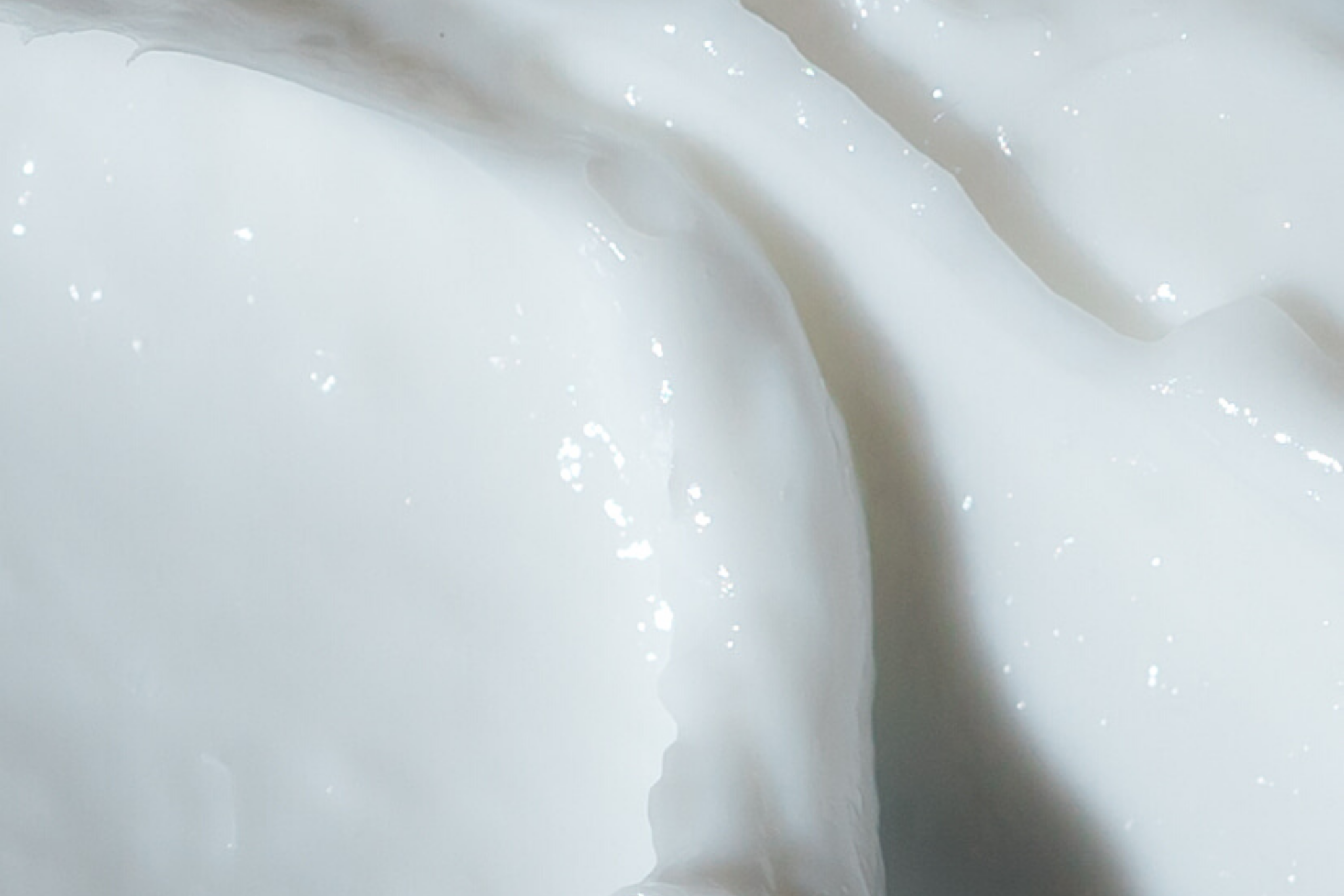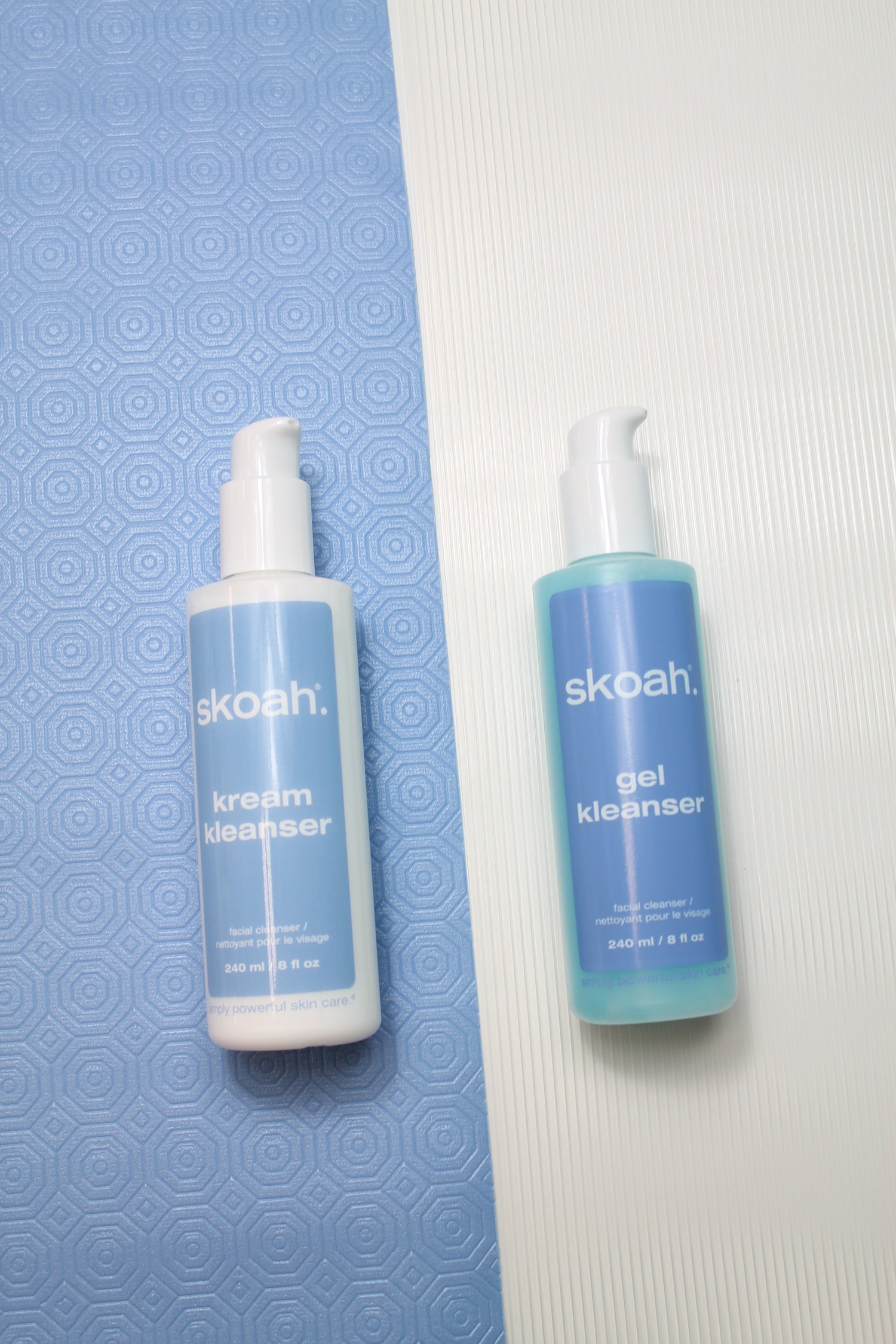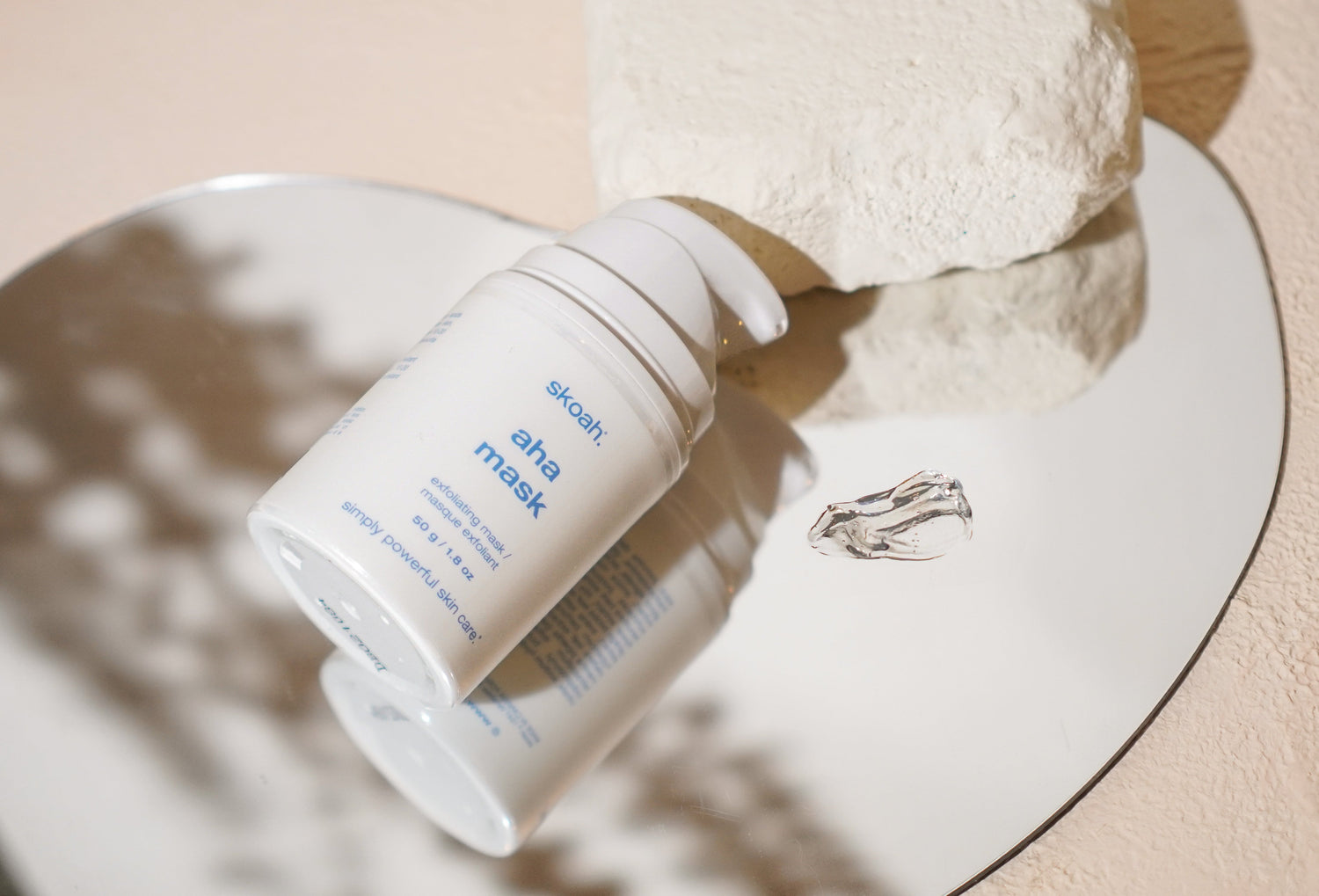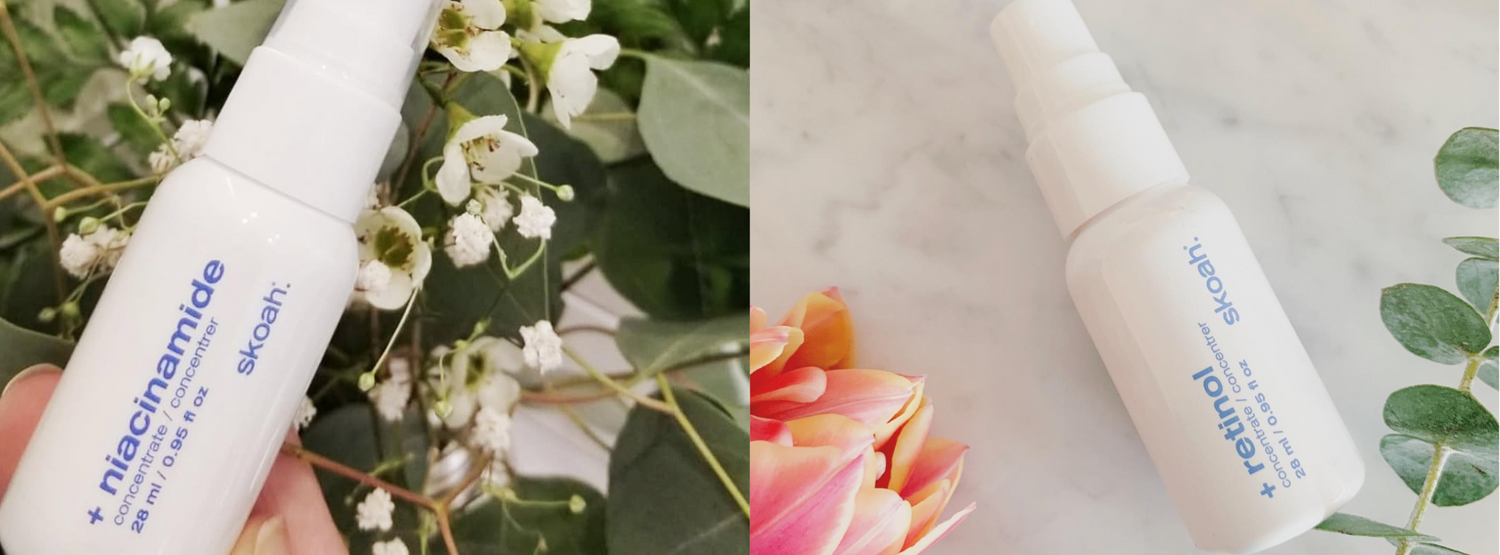How to Repair Your Skin Barrier: Expert Tips for Healthy, Resilient Skin
A healthy skin barrier is your body’s first line of defense against environmental stressors, dehydration, and irritation. When this protective layer is compromised, it can lead to sensitivity, dryness, and various skin issues. Learning how to repair and maintain your skin barrier is essential for achieving radiant, resilient skin.
What Is the Skin Barrier and Why Is It Important?
Your skin barrier, also known as the lipid barrier, is the outermost layer of your skin, called the stratum corneum. This layer consists of skin cells bound together by lipids like ceramides, cholesterol, and fatty acids.
The primary functions of the skin barrier include:
- Protection: Shields against environmental aggressors like pollution, UV rays, and bacteria.
- Hydration: Prevents transepidermal water loss (TEWL), keeping skin plump and moisturized.
- Structure: Maintains skin’s elasticity and firmness by supporting its structural integrity.
When the skin barrier is damaged, these functions become less effective, leading to issues like dryness, redness, and increased sensitivity.

Signs of a Damaged Skin Barrier
A compromised skin barrier can show up as:
- Redness or irritation
- Increased sensitivity to skincare products
- Persistent dryness and flakiness
- Fine lines and rough texture
- Breakouts or clogged pores
If you’re noticing these signs, it’s time to take steps to repair and protect your skin.
Why a Damaged Skin Barrier Causes Sensitivity and Dehydration
When the skin barrier is weakened:
- Dehydration occurs as water escapes through the compromised barrier, leaving your skin feeling tight, dry, and dull.
- Sensitivity increases because irritants can penetrate more easily, leading to redness, stinging, and inflammation.
These issues can exacerbate skin conditions like rosacea, eczema, and acne if not addressed promptly.
What Damages the Skin Barrier?
Several factors can weaken your skin barrier, including:
- Harsh skincare products with sulfates, alcohol, or strong fragrances.
- Over-exfoliation with physical scrubs or potent acids.
- Environmental stressors such as UV rays, pollution, and extreme temperatures.
- Aging, which naturally reduces lipid production.
- Lifestyle habits like poor diet, smoking, alcohol consumption, and lack of sleep.
Solutions for Repairing and Strengthening Your Skin Barrier
Restoring your skin barrier involves making mindful choices in your skincare routine and lifestyle. Here are some effective strategies

How to Repair and Strengthen Your Skin Barrier
Restoring your skin barrier is a process, but with the right approach, you can achieve healthier, more resilient skin.
1. Use Ceramide-Rich Moisturizers
Ceramides are essential for a healthy skin barrier. Look for moisturizers containing ceramides, cholesterol, and fatty acids to replenish your skin’s natural lipid content.
2. Switch to Gentle Cleansers
Harsh cleansers strip your skin of its natural oils. Opt for hydrating, sulfate-free cleansers that leave your skin feeling soft and nourished.
3. Cut Back on Exfoliation
If your barrier is damaged, reduce or stop exfoliation. When reintroducing exfoliants, start with milder options like lactic acid and follow up with a nourishing moisturizer.
4. Incorporate Soothing Ingredients
Ingredients like aloe vera, panthenol (pro-vitamin B5), and colloidal oatmeal help calm irritation and support the skin’s natural repair process.
5. Apply a Broad-Spectrum Sunscreen
UV rays are a major contributor to barrier damage. Use a broad-spectrum sunscreen with SPF 30 or higher and reapply every two hours when outdoors.
6. Boost with Copper Peptides
Copper peptides, like those in the +Copper Peptide Concentrate, are known for their ability to enhance skin repair, stimulate collagen production, and reduce inflammation. Use this serum after cleansing for added benefits.
7. Stick to a Consistent Routine
Keep your skincare routine simple while your barrier heals. Focus on gentle cleansing, hydrating, and protecting your skin.
Lifestyle Changes for a Stronger Skin Barrier
Healthy skin isn’t just about products—it’s also about your lifestyle. Consider these tips:
- Eat a balanced diet rich in omega-3 fatty acids, vitamins A and E, and antioxidants.
- Drink plenty of water to stay hydrated from within.
- Prioritize sleep, aiming for 7-9 hours per night to support skin regeneration.
- Avoid smoking and limit alcohol, as these can deplete skin’s natural lipids.
Frequently Asked Questions
Q: How long does it take to repair the skin barrier?
A: It can take anywhere from two weeks to several months, depending on the severity of the damage and your skincare routine.
Q: Can I exfoliate while repairing my skin barrier?
A: It’s best to avoid exfoliation initially. Reintroduce mild exfoliants gradually once your skin shows signs of improvement.
Q: What’s the best moisturizer for a damaged barrier?
A: Look for one with ceramides, cholesterol, fatty acids, and soothing ingredients like panthenol or aloe vera.
Your Path to a Healthy Skin Barrier
Repairing your skin barrier takes patience and a thoughtful approach. By addressing the root causes of damage, using barrier-friendly skincare products, and adopting healthy lifestyle habits, you can restore your skin’s natural resilience and radiance.
Ready to take action?
Explore our line of ceramide-rich moisturizers and copper peptide concentrates to give your skin the care it deserves!





